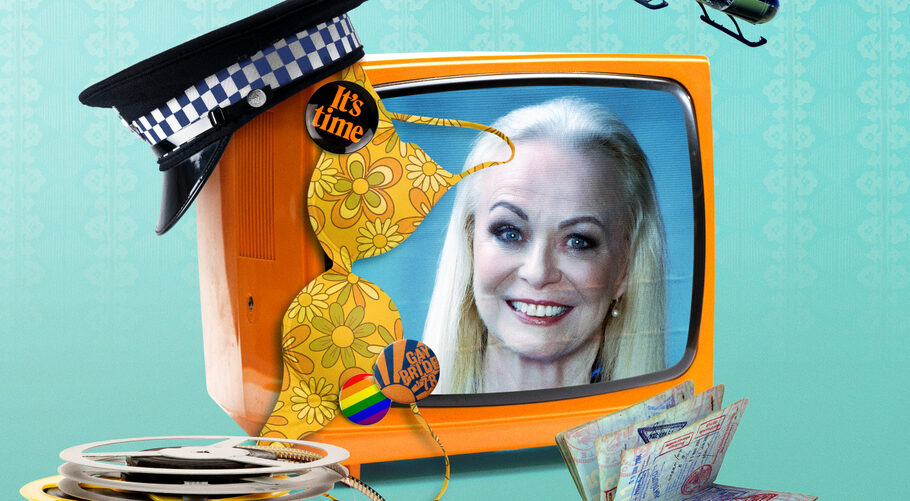If you remember the ‘60s, it is often said, then you weren’t there. The decade that followed, however, was unforgettable.
SBS next month drops a new three-part series, “Australia: An Unofficial History”, a time capsule of social upheaval and radical transformation that marked the dawn of Generation X.
Two-time Academy Award nominee Jacki Weaver hosts “An Unofficial History”, an exploration of an age when taboos were confronted, marginalised people were finally heard, and ropey policies were consigned to the dustbin of history. All of it with the Vietnam War blowing up in the background.
“This is a story of the ’70s you’ve never seen before,” Weaver says at the top of the trailer. “A decade when Australia erupted in an explosion of social and political change”.
Weaver is joined by a cast of commentators, including filmmaker Phillip Noyce (“Rabbit Proof Fence”), cultural critics Benjamin Law and Jan Fran, comedian Zoë Coombs Marr, broadcaster Leila Gurruwiwi, actress Rachael Maza and pioneering Indigenous activist Dr. Gary Foley.
“An Unofficial History” revisits the age of social change, from the abolishment of the “White Australia Policy”, the acceptance of multiculturalism at a political level, and the rise of Indigenous rights, feminist, and gay liberation movements.
Love Film & TV?
Get your daily dose of everything happening in music, film and TV in Australia and abroad.
In the series, through largely unseen archive from The National Film and Sound Archive, “we clearly see what has and has not changed in Australia in the past 50 years,” says Jo-anne McGowan, co-founder of Stranger Than Fiction, producer of the series. “The wins and the losses. It’s a powerful reflection on who we were then, and who we are now.”
“An Unofficial History” airs Wednesdays from March 5th at 7.30pm on SBS and SBS On Demand, coinciding with SBS’s 50th anniversary celebrations.
“Australia: An Unofficial History” opens up “a treasure chest of archival gold that the government created to sell ‘brand’ Australia,” comments Screen Australia’s head of documentary Richard Huddleston. “This rich tapestry is a roller coaster ride; funny and jaw dropping in places but contentious and provocative in others. This cultural crash course in our collective history has all the hallmarks of a Stranger Than Fiction beautifully-crafted documentary.”
Major production investment funding was provided by Screen Australia and SBS, with the assistance of the National Film and Sound Archive of Australia in association with Screen NSW.































